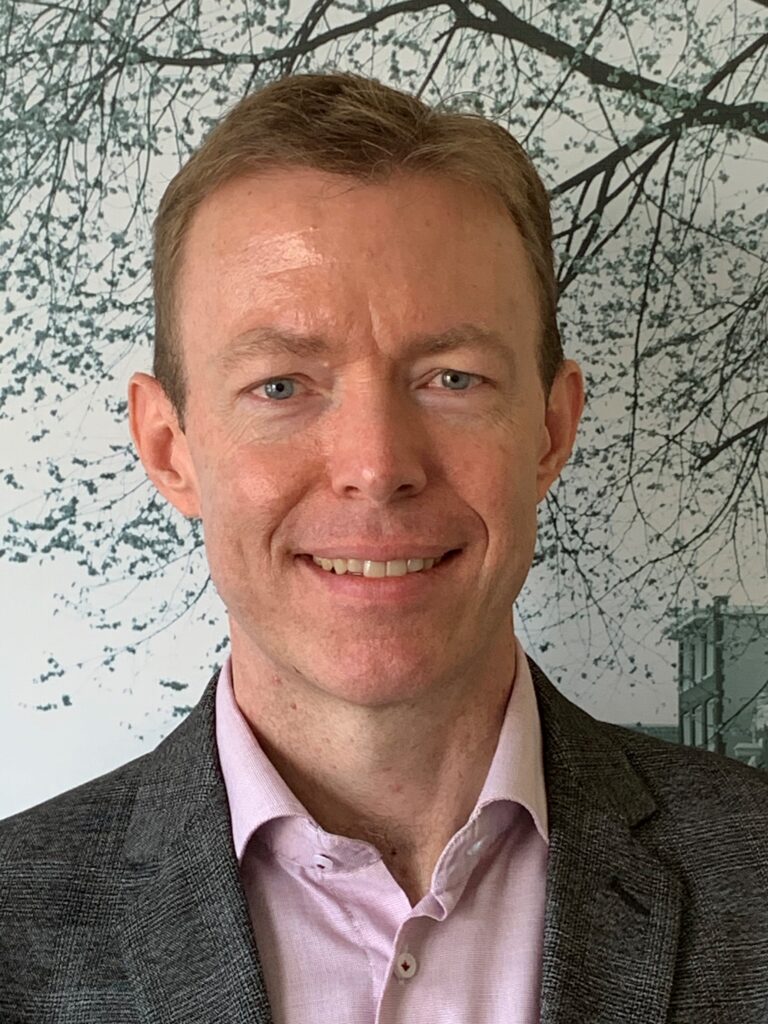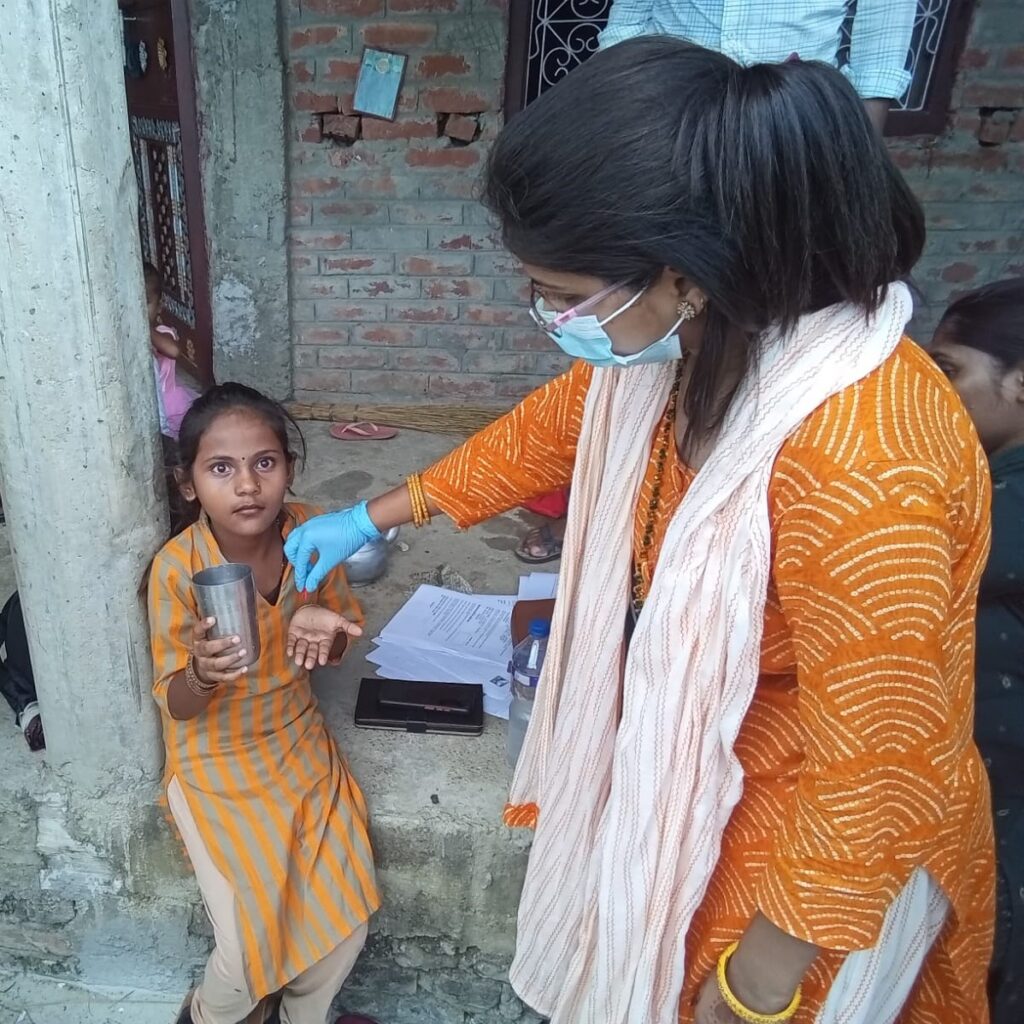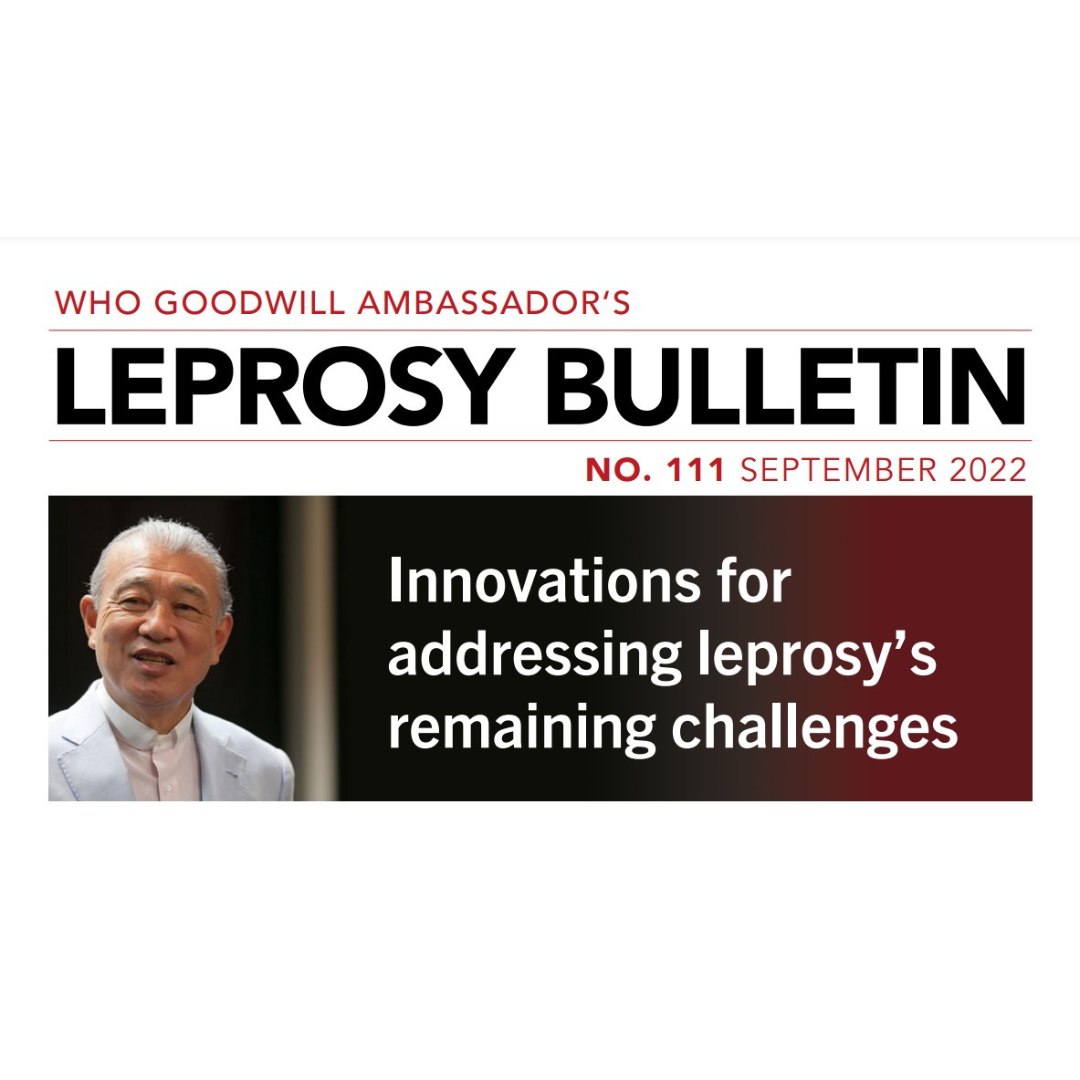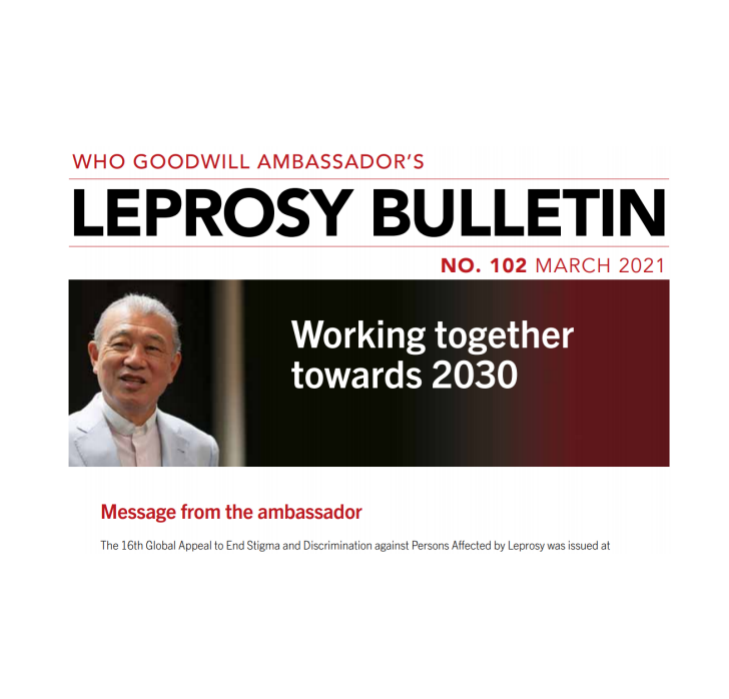
Duane Hinders
Programme Manager PEP++, NLR
Duane Hinders is a public health policy specialist who was the national director of NLR’s field office in Brazil for over eight years before moving to his current position in Amsterdam. NLR, founded in 1967 as “Netherlands Leprosy Relief,” today is an international nongovernmental organization (NGO) working for a world where “No Leprosy Remains.”
For many years effective multidrug therapy (MDT) has been available to treat millions of people who are diagnosed with leprosy, resulting in a considerable decrease in new cases worldwide. However, the annual number of new cases has remained stable over the past 10 years at 200,000. This shows that treatment of new cases with MDT is not enough to stop transmission — prevention is the key.
Recent efforts focus more on active case finding, resulting in effective and feasible interventions, such as contact screening combined with the provision of a single dose of rifampicin as post-exposure prophylaxis (SDR-PEP). SDR-PEP reduces the risk of leprosy by 57% when administered to contacts of leprosy patients. The World Health Organization (WHO) has incorporated this preventive treatment in its guidelines.
NLR and Erasmus Medical Center Rotterdam have carried out modeling research to predict the population at risk of developing leprosy in order to achieve a significant reduction in the annual number of new cases of leprosy. The population at risk is defined as the number of contacts to be treated with SDR-PEP. The model predicts that to achieve a 50% reduction in new cases of leprosy within five years, 20.6 million people (cumulatively) need to be treated with PEP. A 90% reduction can be achieved in 22 years if 40.2 million people are treated preventively. The time to reach a 90% reduction could be shortened through effective innovations such as providing an enhanced PEP regimen.
NLR is undertaking a research project called “Stop the transmission of leprosy!” to reduce the number of new patients in five countries, two districts each, with a high leprosy burden: Bangladesh (in partnership with The Leprosy Mission International), Brazil, India, Indonesia, and Nepal.
The main element of the project is a block randomised controlled trial of an enhanced PEP regimen consisting of a combination of two existing antibiotics (rifampicin and clarithromycin) given three times at four-week intervals. This new regimen, called PEP++, is expected to be 80-90% effective to prevent leprosy disease. Within the PEP++ intervention area, approximately 20 close contacts (household and family members as well as neighbours/social contacts with frequent interaction) of each leprosy patient receive the new regimen. In the control areas, those close contacts will receive SDR-PEP and the two arms will be compared for regimen effectiveness. For cluster areas (at least two cases within 500 meters of one another) within the intervention area, a blanket campaign is implemented and an additional 80 contacts receive SDR-PEP. Control areas also have blanket campaigns for cluster areas, with the difference that everyone, including close contacts, receive SDR-PEP. These active case-finding and PEP interventions, combined with epidemiological mapping and context-specific educational messaging countering stigma, are expected to help interrupt the transmission of leprosy in these areas.

Through this project, around 220,000 close contacts and as many as 550,000 other community contacts will be examined for signs of leprosy and receive preventive treatment. The number of annual new cases within project areas is expected to drop by 50% at the end of the project period. With a further continuation of the project, a 90% reduction in the number of annual new cases by 2030 is foreseen.
A number of setbacks — such as difficulties with getting ethical approval for the study, a change to the original regimen, and the COVID-19 pandemic — have caused a delay in the roll-out. However, much progress has been made in 2022. In Brazil, over 1,000 close contacts received PEP, and Nepal has also started the trial. Bangladesh, India, and Indonesia are soon ready to begin pre-testing. If PEP++ turns out to be effective as hoped, zero leprosy may truly be on the horizon!
The project is funded by the Dutch Postcode Lottery through its Dream Fund with additional support from The Leprosy Mission International for Bangladesh.









